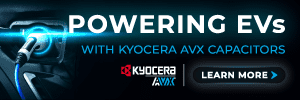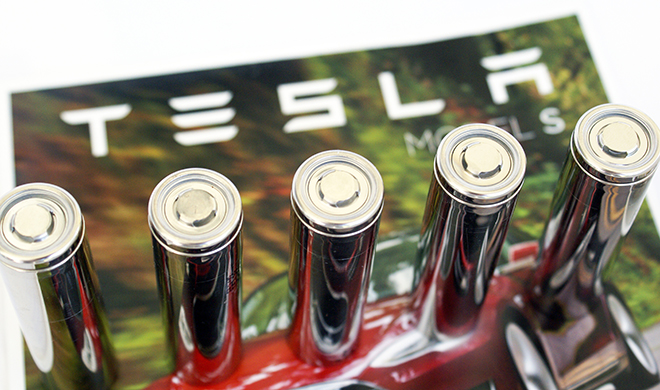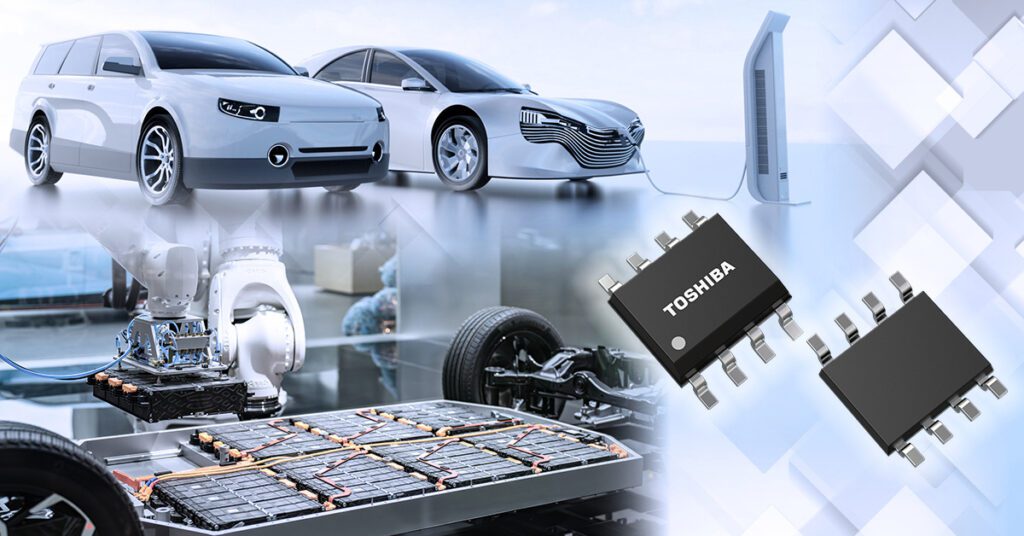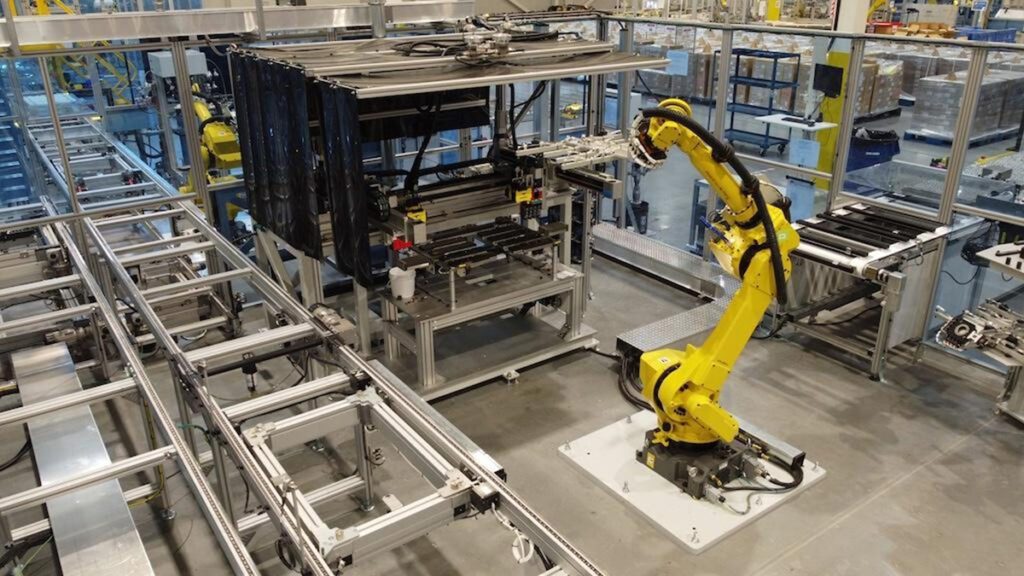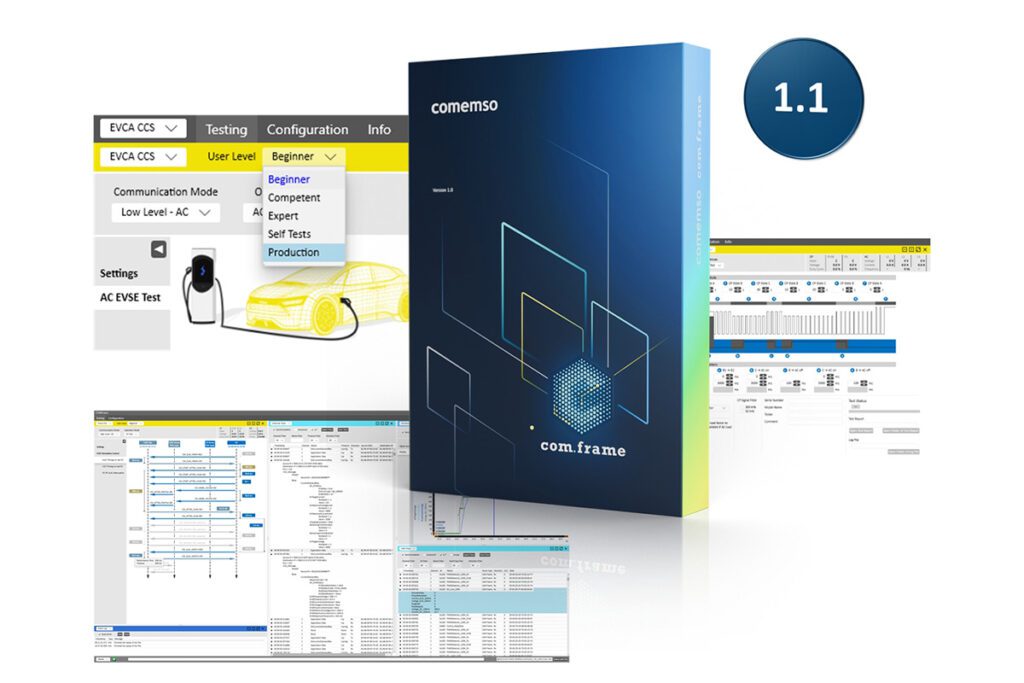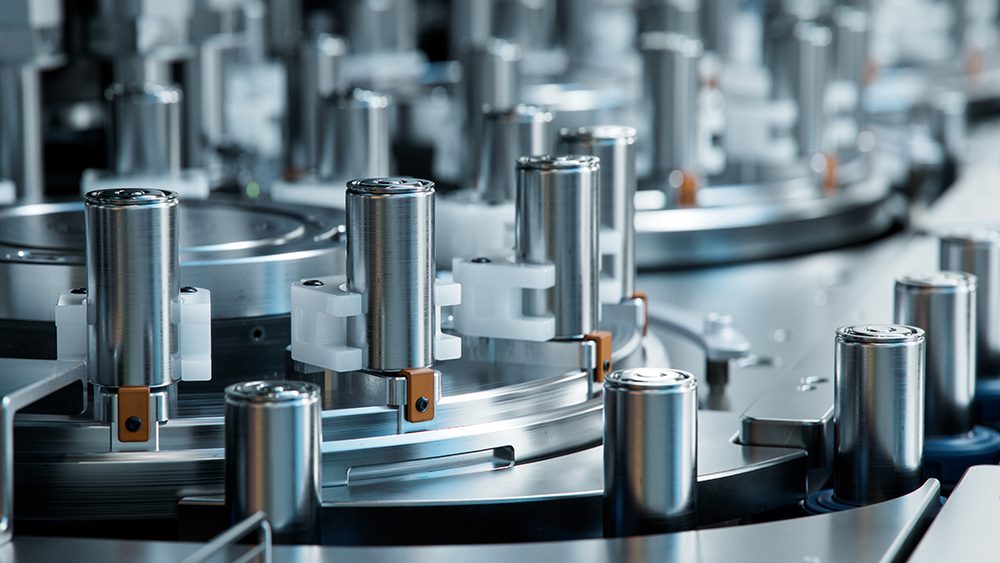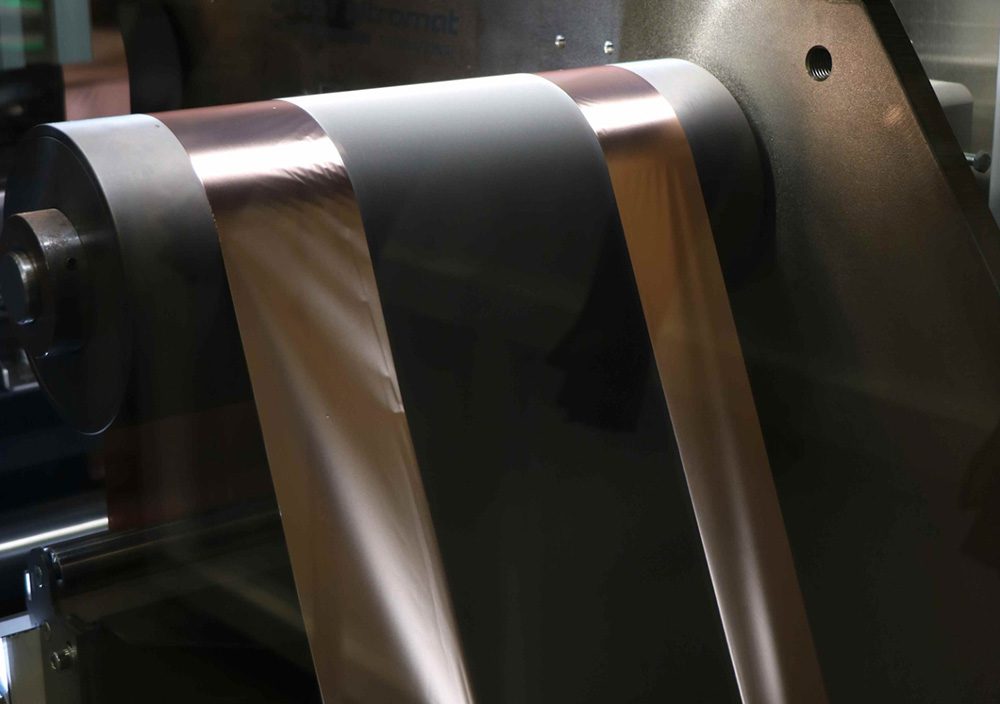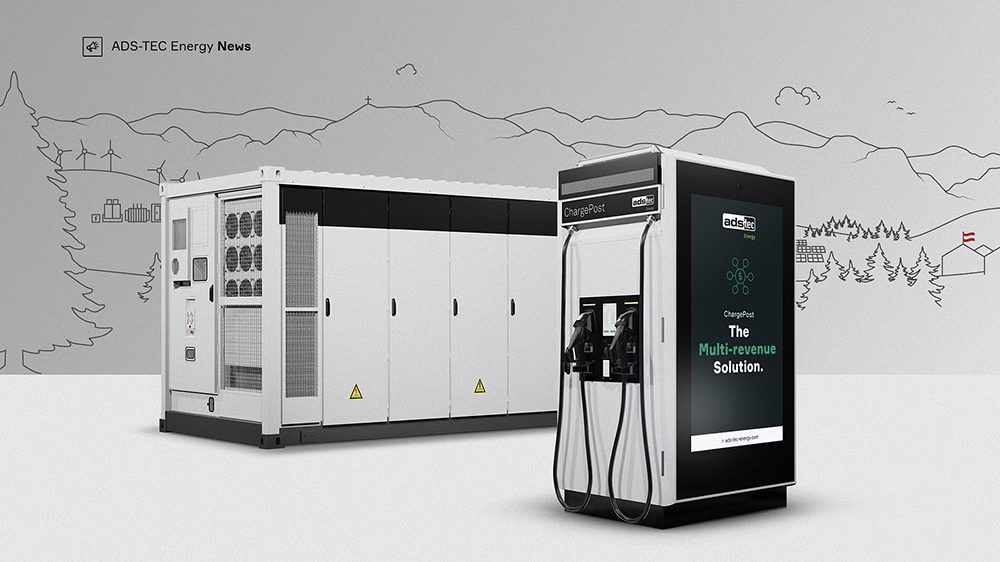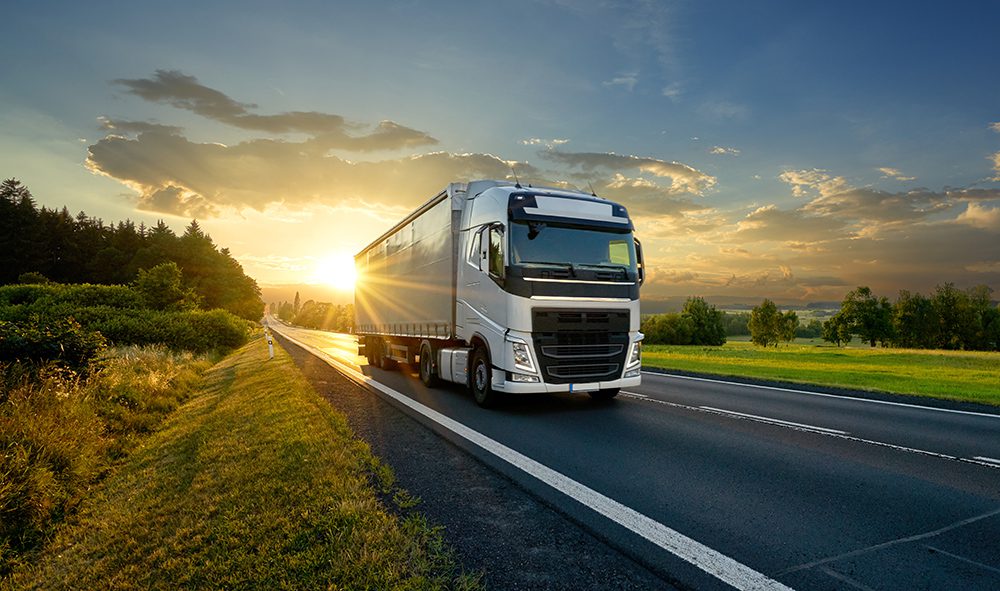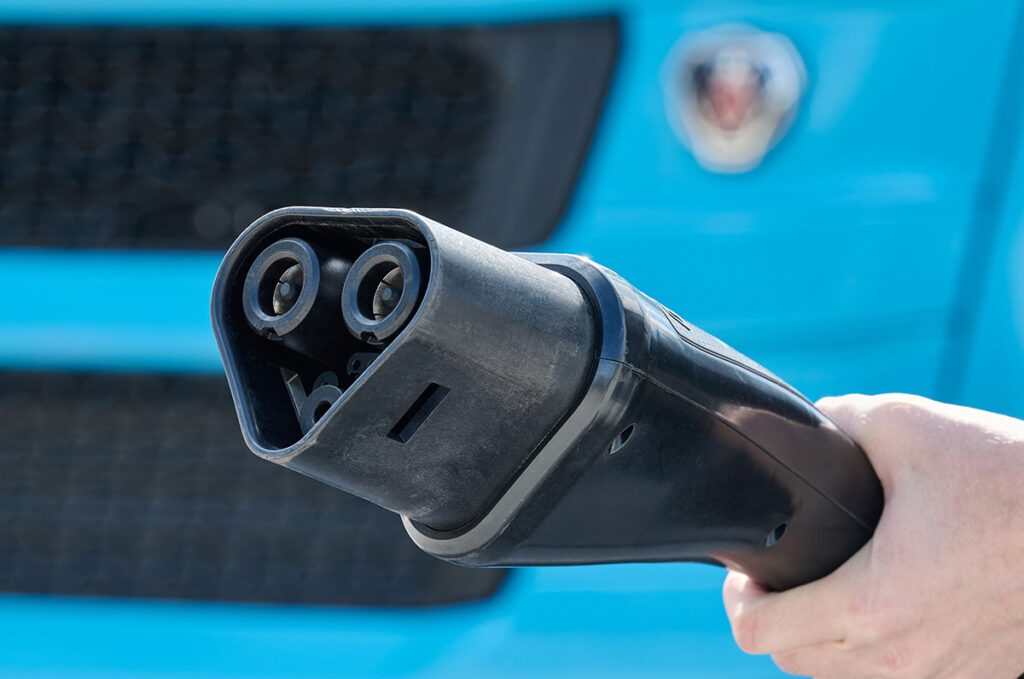After Tesla and Panasonic announced that they were freezing expansion plans for the Nevada Gigafactory, several news outlets reported that the partners had postponed expansion because of shrinking demand for Tesla’s vehicles, but to the best of our knowledge, none presented any evidence that this was the reason for the decision. Now Elon Musk says the opposite is true – Model 3 production is constrained by Panasonic’s production of battery cells.
In response to a tweet from Bloomberg reporter Tom Randall, who said, “Panasonic said it reached 35 GWh/yr capacity in March. That’s already enough to build over 500k Model 3/yr+Powerwalls—more than Tesla can handle,” Musk tweeted, “Incorrect. Pana cell lines at Giga are only at ~24GWh/yr & have been a constraint on Model 3 output since July. No choice but to use other suppliers for Powerwall/Powerpack cells. Tesla won’t spend money on more capacity until existing lines get closer to 35GWh theoretical.”
Musk clarified: “There is 35 GWh/yr ‘theoretical capacity,’ but actual max output is ~2/3. It was physically impossible to make more Model 3’s in Q1 due to cell constraints.”
Bloomberg reports that signs of tension between Tesla and Panasonic have been emerging. The Japanese have taken a cautious approach to the Californians’ plans to build another Gigafactory in Shanghai. “The growth curve envisioned by Tesla is too steep,” a senior Panasonic executive said recently.
Panasonic has been having troubles on both the financial and production sides. According to Bloomberg, the company’s “earnings are stuck in low gear while those of Sony and other Japanese peers surge ahead.” Also, Panasonic recently dispatched over 200 engineers to the Nevada Gigafactory to try to resolve problems with cell output.






